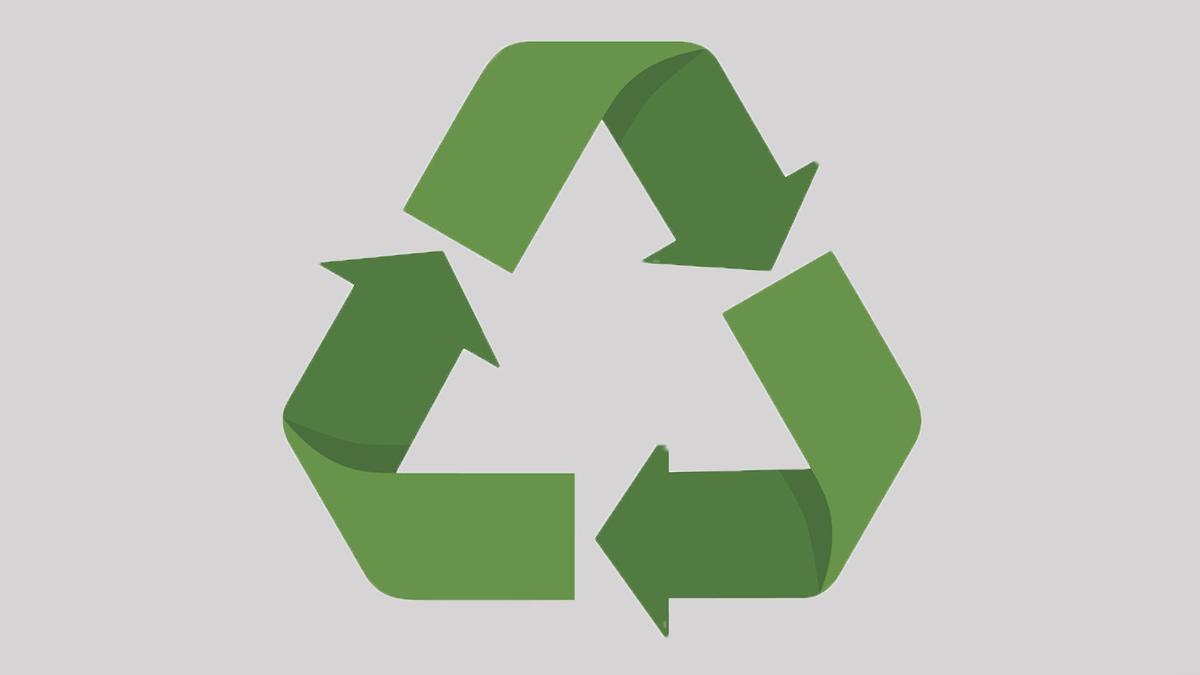That green triangle with three arrows doesn’t just mean that something is recyclable. It stands for a three-part approach to reducing waste: “Reduce, Reuse, Recycle.”
We asked readers to tell us ways they reduce waste. Suggestions ranged from using cloth grocery bags to eating less meat, which can also help the environment in the long run.
Of course, we should recycle what we can: plastic water bottles and soda and other drink bottles, as long as they have been rinsed out; aluminum cans and other aluminum products, again, as long as they are clean; corrugated cardboard like that used in packing boxes; and office paper and junk mail.
But some of these things can be reused first. And we can do without others altogether.
Cindy Bieger takes junk mail and letters that she no longer needs and writes on the other side when she needs notes for reference that won’t be sent to others. Adam Fox suggests opting out of some junk mail. Ecocycle.org/junkmail offers tips for stopping junk mail and there are other sites that do the same. Just Google “opt out of junk mail.”
Perhaps the easiest and best way to reduce waste is to use cloth grocery bags. Many readers have suggested this. Most grocery stores sell them for $1-$2 each if you don’t mind having the store’s logo on the bag. These bags hold a lot more groceries and are far sturdier than the flimsy plastic bags stores use.
Plastic grocery bags should never go in your curbside recycling. If you have them, return them to the grocery store, where bag recycling bins are available.
Many communities in other states restrict the use of plastic grocery bags or make customers pay extra for them.
The state of Arizona has a law that keeps counties, cities and towns from enacting such laws, so it is up to us to reduce the use of plastic bags.
The second-most-common suggestion is to purchase a reusable water bottle so you no longer have plastic bottles to recycle. Many are insulated metal containers that will keep your water cold or your coffee hot for hours. Some have straws that fit inside them. A few have filters so you don’t have to worry about the source.
Buy metal or glass straws if you must use a straw. The plastic ones you get at restaurants are not recyclable. Bieger just refuses the straws at restaurants and doesn’t use them.
Avoid using plasticware and paper plates by purchasing inexpensive flatware and dishes to stow in your desk at work.
Rosemary Bolza reuses small plastic containers like sour cream containers after washing them. These are recyclable, but there isn’t much of a market for this kind of plastic, so reusing them a few times makes a lot of sense.
Fox and Bieger recommend short showers to conserve water.
Bieger asks for foil for her leftovers at a restaurant instead of the plastic takeout box, and reuses sandwich bags after washing them and drying them on a rack.
If you worry about the water used in rinsing recyclables, do the rinsing in your dishwater or rinse them in the cold water you collect while waiting for hot water before you do the dishes or take a shower. That water shouldn’t be going down the drain unused.





